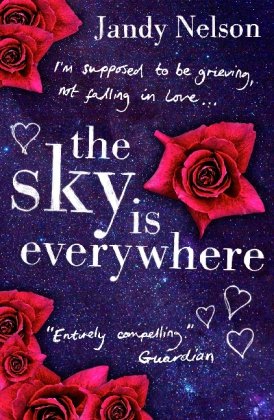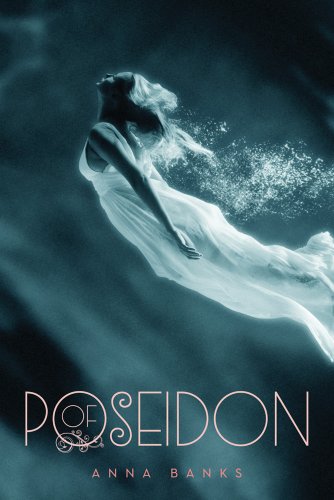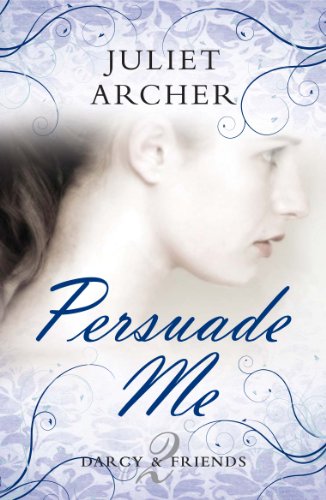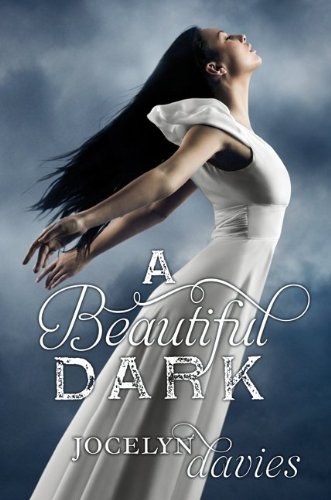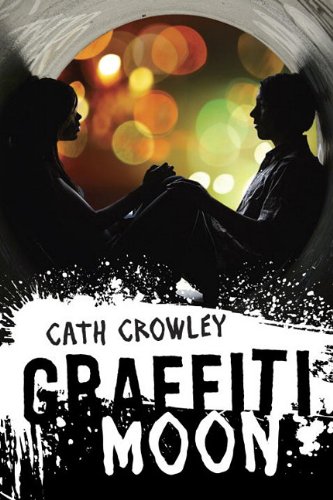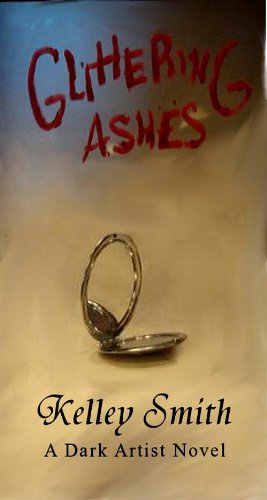All These Things I've Done by Gabrielle Zevin
Crime/Dystopia/Kinda hard to peg, 354 pages
September 6th 2011 from Farrar, Straus and Giroux (BYR)
In 2083, chocolate and coffee are illegal, paper is hard to find, water is carefully rationed, and New York City is rife with crime and poverty. And yet, for Anya Balanchine, the sixteen-year-old daughter of the city's most notorious (and dead) crime boss, life is fairly routine. It consists of going to school, taking care of her siblings and her dying grandmother, trying to avoid falling in love with the new assistant D.A.'s son, and avoiding her loser ex-boyfriend. That is until her ex is accidently poisoned by the chocolate her family manufactures and the police think she's to blame. Suddenly, Anya finds herself thrust unwillingly into the spotlight--at school, in the news, and most importantly, within her mafia family.
There has been a huge upswing in the amount of dystopian and dystopian-like books written in the past few years. Some are excellent. Some have excellent premises that are just not quite carried off. And some have premises that leave you kinda scratching your head. Despite all of the good things I've heard about Gabrielle Zevin, I was afraid this was going to fall in the latter category. I mean, a world where chocolate and caffeine are banned, but alcohol is not? And since that was all that was really being said about the book, it seemed like a pretty thin basis for a dystopia - hell, for a book in general. I was...hesitant. I've been burned by a thin premise before.
But here's the thing (well, the things):
1. The dystopian-like elements of this are almost incidental. They play a part (a big part), but it's not a dystopian story.
2. No matter how questionable elements in your world are, if you do them
well, they will work. If you build it they will come. If you back your shit up, I'll buy in.
And I did. So, to break it down:
This is being tossed around as a dystopia, and like I said, the elements are there. But I am a firm believer that dystopia
means something. Dystopia - like satire - is used to highlight some aspect of society, to show us what
could be from what
is. It's a magnifying glass held to our flaws, our society taken to its logical extremes, and all with the mantra that it's for our own good. All These Things I've Done does have a smidge of that, but it's lacking the verve, the fervor, the ardency that comes with A Message. And the reason is that it's not really about that. Zevin's dystopian society just
is. It's not being used as a spotlight, and not even completely as a catalyst, but more just as a backdrop to the real story. It's no different than an alien world or a fictionalized contemporary world. It's simply a matter of 'this is what it is, and this is what we know.' No one's fighting (yet), no one's being made martyrs - it's not about that. It's more that this is just the world that
is, and this is one girl's story in it.
This is a simple story of a girl who gets caught up in a whole lot of mess when the world starts noticing her and she starts noticing it back. So let's move on from the dystopia into what it really is. I've read reviews from a few friends who felt like they weren't able to connect to the characters or that Anya and the narration was really detached.
This was one of my favorite things. The main character, Anya, is a bit of a cold fish. She has led a really hard life and has an insane amount of pressure on her shoulders, all the while trying to get out from under the shadow of her family and what they represent (which, as the daughter of a slain mob boss, is no easy feat). Anya's reservedness and tendency to go cold in her narration, to recap things and make less of them - I found this perfectly in keeping with her character and the world/character-building. I understood her thoughts and reactions, and her standoffishness and fierce need to protect. I liked her reluctance and pragmatism, especially where Win is concerned. It made her seem more real to me, and in some ways, more relatable. Everything she is and does has a basis in her past, and that comes through palpably.
Generally, I felt this was true across the board. I found all of the characters pretty relatable and I thought they added to my understanding of Anya and her world pretty nicely. Yes, some are cardboard and I could have wished for something more dynamic, but in the telling, somehow it still works. Anya's constant
"Daddyisms" - wise words from her mobster father - made sense and helped build the picture. The whole family unit, who they are and how they react and are portrayed, that all worked for me. Win was a little too good and Gable a little too bad...But I do think Win is a good love interest, even if the whole thing creeps dangerously close to something that would normally irritate me (Romeo & Juliet bullshiz. Which this is, as it is essentially a retelling, star-crossed lovers and all that jazz). But Anya's behavior saves it for me, cold-fish that she is. I could have done more shades of gray, but that is all really in hindsight because, as I said, as I was reading, it all just worked for me.
All that said, there were 2 things that bothered me. I mentioned the choc/caff banning as being a BIT ridiculous, but I can see a banning happening. I can even see coffee speakeasies and black market extra dark chocolate bars. What I CANNOT see is people getting high off of a candy bar. I mean, we all joke about being chocoholics, but come on now. I don't buy an honest-to-AA caffeine addict, I just don't. But this was minimal-ish and I got over it.
The second thing that bothered me hit me like a ton of bricks and is spoilery, so if you don't want to know...
PRE-SPOILER (you can read this, it's safe)
I reallyreallyreallyreallyreallyreally liked the relationship between Anya and Scarlet, her best friend, through most of the book. I was
so damn happy to be reading a book with
a female main character who gets along with other female characters. We all had a best friend in high school and for the most part, they weren't back-stabbing c*nts. I am so beyond sick of this Mean Girl trend I CAN'T EVEN TELL YOU. So I was reading, and there was no Mean Girl-ness - even from the school gossip, who I was just waiting to turn bitchy - and I was giddy with the idea that there was going to be a healthy female relationship in a YA book. And it wasn't even saccharine and fake - these two do have problems, they do have arguments and disagreements. But then they do this miraculous thing where
they talk about them and remain friends. It was heaven. And then.
SPOILER
And then Scarlet did something that I can't forgive, even if Anya could. Scarlet began dating Gable, Anya's ex-boyfriend, who'd tried to date-rape her and then told the school she was a slut when she wouldn't sleep with him.
And then Aw-
hellll-no Misty came out, and I was ....argh. My
Book Chat on pet peeves came out shortly there after, in which I mentioned that I am working my way up to the "douchebags and Mean Girls" rant because I can't make it past unintelligible cursing quite yet.
So no points for Scarlet. Pissed me RIGHT the fuck off.
And they get it back on track. There are reasons Scarlet dates him, and she's a big softy, and Anya forgives her so I guess I'm supposed to, too.
BUT I WON'T.
END SPOILER.
That flaw knocked it back some, but it didn't ruin my enjoyment of the book by any means. I'm confident Anya can take care of herself, and Gable certainly gets what's coming, and probably will forever and ever amen, so I'm good with that. Scarlet's
bad choice wasn't enough to spoil my the book for me, and Anya's voice and the overall dark tone of the story worked for me enough that, coupled with the hints of where this series is going, I'm certainly eager to see more.
















